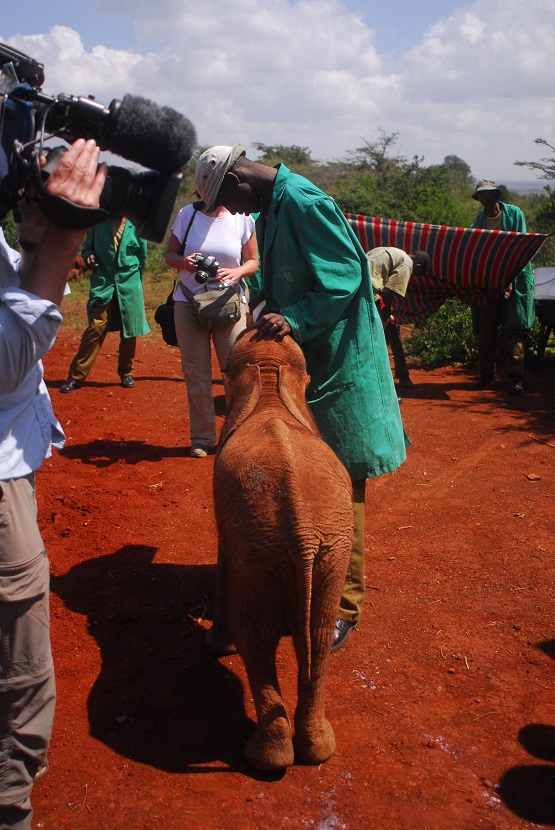
Why study anthropology?
Why study anthropology?
Anthropology at FSS: Studying 21st century issues
At the Faculty of Social Sciences, our students study the issues of the 21st century in two ways:
- by highlighting the connections between local and global questions
- by applying new critical perspectives in order to understand our increasingly complex, integrated and technologically-oriented world
Our anthropology students explore topics such as
- media
- health
- pop culture
- work
- human rights and indigenousness
- minorities
- law
- knowledge creation
- the environment

Master’s in Anthropology
In addition to providing an excellent background in social and cultural anthropology, the Faculty of Social Sciences Master’s in Anthropology enables students to become experts in medical, visual, environmental, political or economic anthropology, or in human rights or indigenous peoples.
While the field does allow students to gain international experience, the real strength of anthropology lies in how provides students with methodological and theoretical tools to reflect on the diversity of the world around us and the complexity of contemporary society.
A master’s in anthropology provides you with:
- an excellent background in social and cultural anthropology
- expertise in other areas:
- medical anthropology
- visual anthropology
- economic anthropology
- environmental anthropology
- political anthropology
- human rights and indigenous peoples

International experience and field research
Our students conduct field research all over the world, including in
- Botswana, in a clinic offering biomedical care
- Mongolia, raising reindeer
- Brazil, on eco-tourism
- Costa Rica, on the coffee industry
- Taiwan, on indigenous land claims
- Japan, on fashion and pop culture
- Canada, in a science lab

Career options when you graduate
Here are examples of fields you’ll be ready to work in:
- heath care
- media
- public administration
- international affairs
- NGOs and related groups
- teaching
- journalism
- human rights
- new media and information technology
The set of knowledge, skills and areas of expertise that our anthropology students develop means that they are in high demand in areas as diverse as health care, the media, public administration, NGOs, teaching, journalism, human rights, or new media and information technology.




